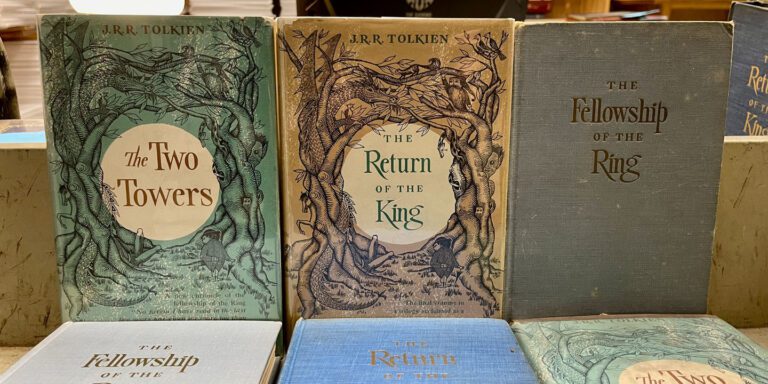
3/26/24 Mountain
.
A full moon cushioned in silver clouds
looks in my window this cold night
I feel it pull at the seawater that fills me
Is weight a component of gravity?
My feet feel heavy as they tread
this rough futile surface of the earth
The cold white light bathes me
The ghostly shadow I cast behind me
dogs my every step
Take your beauty below the horizon
I prefer the dark. You reveal too much.
Wednesday, March 27
I awoke rested and feeling good.
Finally.
A good sleep and no pains or overt illness.
“Thank you.”
The cold in my lungs and sinuses may be leaving, reluctantly, after 10 days.
2024—The Year of Pernicious Infirmities.
The birds are so full of song that the closed windows cannot keep it out.
Misty, drippy morning. Dark gray fog. There will be no dawn or sunrise.
I love this time. The couple of hours before dawn. I often wish time could stop and I could drowse and daydream and not have to face the day until I could stand the peace and silence no more.
But it is in the mid 40s outside. 70… 70! inside. And I really didn’t work at the fire last night.
“AH CHOOO!”
Not done yet. I toss the cloth handkerchief to the floor. It’s done. I’ve gone through a half dozen or more in the past 10 days. I will have a small load to wash and fold before this is done. Mom used to let me iron my father’s white handkerchiefs. Mine are mostly those western ones—bright colors with paisleys and other designs. Bikers sometimes wear them as dew-rags.
Spring. The songbirds are colorless shadows in the mist.
The house is in the best shape it’s been since… I don’t know.
The housekeeper came last week. The friend helping to organize and shelve my library was up on Friday.
“I found all these duplicate Tolkiens.”
“I shelved all your Tolkien here so you can double-check. But what I’ve set aside are lesser copies the same editions that are on the shelves.”
A lot of those go back to the days when it was very difficult to evaluate editions and estimate prices. So, to err on the side of caution, I would just put them aside. And they were Tolkien. One cannot have too much Tolkien. Long ago, I toyed with the idea of being a Tolkien “completist.” I would keep not only any edition I didn’t already have but also any printing!
(I once had a customer who collected Gone With the Wind that way. Anything and everything—including 101st printing of the mass-market edition. And the 102nd…)
That phase didn’t last long for me.
So, these Tolkien books are likely, many of them, survivors from my old library in Pennsylvania that came down last year—or is it two years ago?
Those boxes have all been emptied and shelved or culled. The books I chose to part with are on offer here. They have my bookplate inside. These Tolkien dupes will end up there when they are evaluated.
My better Tolkien books are all locked up.
She finished the garret.
It is perfect. There’s plenty of room for more books should I come across anything irresistible. But I won’t mess up her work. I dare not. She’s warned me. Any new acquisitions will await for her return.
The other two “libraries” in my home are works in progress still. A couple more visits, and she’ll be done.
Then what?
She agreed to stay for dinner, and I grilled some beef “flaps” and very thick pork loin.
It turned out great. We sat at the dining room table and chatted about times—old and new.
I’ve been pretty grumpy recently. The pernicious cold is part of that, but there have also been people problems and unnecessary paperwork issues I’ve been dragged into.
About a month ago, a rep from the power company appeared and threatened to disconnect the electricity at the new warehouses.
“What?!”
We’d never gotten a bill for them. They were assigned to the tenant.
We thought.
I rushed down to the warehouse and talked to the guy in the parking lot. We wrote a check. After some dialogue with Potomac Edison, we discovered several accounts had never been transferred from the electrical contractor’s name. The bills, we think, were addressed to him at the new warehouses and returned to sender, as there was no one there by that name.
We weren’t involved, as that process bypassed us completely. But of course “we” have to get it straightened out. A month on, and we think it is finally resolved. We will know for sure if the lights don’t go out.
Sunday, March 24
I slept long and hard. A rarity.
Another weekend of books, books, books.
I’ve run out of metaphors for books. Maybe I have just run out.
It is cold out. 28. The fire in the stove is dancing against the glass. Orange flames flicker against the sooty windows built into the iron doors.
My cold, just a week old, seems to be dissipating. The violence in my lungs and sinuses upon waking was much milder than the past seven days.
Nothing’s changed at work. I spent Saturday reviewing thousands of books staged on carts for me.
Many of the carts are products of our day-to-day sorting processes. New arrivals. But in recent months I’ve been on a mission to clear some of the old pallets of problematic material.
We have a lot of problematic pallets of books gathering dust.
Some are books and stuff we didn’t have a good handle on processing years ago, but now the knowledge and technology have advanced enough that I can make much better decisions—so the books get much better outcomes.
It has evolved to, “Please cart this pallet up and put ‘CHUCK’ slips on them.”
On carts, they are “in my face” and must be addressed.
Believe it or not, we found a cache of Gach books over the winter. Will they never end? John Gach was an autodidact. A natural genie who specialized in medical things—but more especially psychology and psychiatry.
His obituary is appended at the end of this story.
He left his family a vast hoard of books. We agreed to take them all. I don’t think anyone else could have. That we still have pallets of them a dozen years on attests to the volume in some ways, but more it attests to the difficulty the books present. He had a core collection of some beautiful books. Beyond that, he bought hoards and left hoards behind him.
We have spent far more money moving and storing and years of processing than we can ever recoup financially. So many are crumbly foreign language monographs and journals.
Lately, I’ve thought it wise to start digging these out. I’m the only one here who can slog through the ancient textbooks and… stuff. Much of it is pulp. Obsolete—not historical. And not decorative. Often crumbly and dusty.
I think John became enamored with the World Wide Web in its early days and saw it as a way to acquire hitherto unknown esoterica.
But like a golden needle in a haystack, there are occasional “finds.” From Freud to Jung to Reich to Reik and more surprising things.
I have enough western European languages that I can usually parse out what I need to.
“Selbst…” “Self…” I can’t figure this one out.
I look inside.
Yikes! Spanking! And self-flagellation. Some pretty gruesome images.
Not my thing.
I’m now working on the tail of those acquisitions. I feel it is a duty lest I… run out of time. And we will always need the space sometime.
It was pouring rain on Saturday morning when I left to bump down the mountain and go to work. I got down to the small short dead-end public road and headed to the main road.
“Is that a fire truck coming toward me?”
A bit surreal considering the time and place—there’s never any traffic, except the occasional neighbor coming or going. The fire truck had its lights flashing, but no sirens. Because of the rain and fog and condensation on my windshield, the lights and shapes were indistinct. It was like a silent ghost truck in the early morning light. I pulled over to let it pass.
“Where’s it going?”
I looked in my rear-view mirror, and it disappeared into the forest. I turned around to follow to see if it was turning on the one-mile private lane I’d just come down—where the people I know live.
No. It turned left into one of the driveways that heads into the woods at the foot of the mountain.
I turned around to head out, but then another came my way.
It couldn’t be a forest fire in the pouring rain. I texted the neighborhood group to give them a heads up.
Another multicolored truck came down the rural tar-and-chip road.
Another.
I should get out of the way—and get out of here, lest they block the road off for some reason. I got to the stop sign, and four more fire trucks were stopped on the bigger road, waiting to see if they’d be needed.
It was all very surreal considering the place and time. Everything was indistinct in the fog and rain. Everything was silent, but for the drops splattering on the car and wipers slapping right and left.
I found out later it was someone’s attached greenhouse on fire. Fortunately, it didn’t get to the house before the firemen put it out.
Among the finds on Saturday was this photoplay edition of Frankenstein.
Sunday was more of the same.
Rain, fog, mist.
Books, books, books.
But my mind was dominated by the fact that company was coming!
People who have never been to the house were coming for dinner! Of course, I over-thought everything.
Except the main course. Pizza.
But not just any pizza—King’s Spinach Pizza.
I don’t know what made me think of it. I haven’t had it for years. But it used to be a regular thing.
Barbara Mertz introduced me to it over 20 years ago. Thereafter, I would often pick one up on the way to visit her with my young family.
It is about one-and-a-half inches thick. It must weigh ten pounds. I don’t know how much spinach is stuffed into it. I would get it half-baked and heat it up in her kitchen. There was always a lot leftover, and we would split it to freeze.
It is hard to describe how delicious it is. You pour hot marinara over it and have to use a knife and fork. So, it’s not really “pizza.”
And… it would be easy.
My house was in decent shape, but some extraneous stuff got tossed into the closet or taken out to “hide” in the car. The last-minute rush to pick up and clean up.
The guests were two couples—old friends and former booksellers I’ve known for decades.
It turned out to be a nice day. Sunny but chilly.
I put out some finger food and opened a bottle of champagne.
When they arrived, we did a tour of the gardens. I’m so glad some people get to see it in its glory. They’d never been up before, so it was heartening to hear their comments. Then we toured the house, and that went well. The pizza was a hit. They didn’t stay late, which was good. I was “slammed”—I think I still get COVID fatigue at the end of the day.
Monday, I had an appointment for a house call. An old friend’s father-in-law passed away recently at 106. He wanted me to look at the books and see if anything was valuable.
“He lived there since the 1940s. A lot of the books look old.”
He wanted to drive me since the house was in the middle of a large farm in the middle of the still-undeveloped countryside. I’m glad he did. I’d never be able to find the place. He turned off on a gravel drive. Then we drove about a mile of winding trail to the house.
Part of the house dates from the Revolutionary War. Ancient log construction and tilting floors.
Sadly, the books were nothing. But the time travel was magical. I was told stories of family get-togethers and picnics and swimming in the pond.
“My wife has 32 cousins.”
“Is that phone original?”
“Yep.”
A long life. Lots of memories. That’s real treasure. Treasure you can take with you to the next world.
That evening, I treated myself to some woodcutting. This truckload should see me through the end of this wood-heating season. It is all long dead, so I can burn it now.
Anything I cut from now on will go into the barn for next winter… or the next.
I get emails frequently asking me to buy books. Sometimes they make sense, and we can arrange a house call or a drop off. Some are definite “no thank you’s.”
“I have 70,000-100,000 books. Would you be interested?”
These are almost certainly leftovers from an online mega-seller and would do us no good.
Then there are the “lists.”
I hate lists. They are almost always inaccurately described. It is time consuming to scan through them. The seller has invested a lot of time compiling the list. I’m likely not the only one the list has been sent to.
We recently received a two-part list with several hundred books on each. The first part was mostly signed hypermodern mysteries from the era when there were mystery bookstores in many cities. Authors would travel from one to another with pen in hand and sign not only for people that showed up but also for collectors who had a “subscription” with the store. You could get a visiting author to sign and personalize copies of their new book without being present. I did this myself and years later wonder why. A lot of them were authors I didn’t know or care about. Anyway, nowadays, most modern autographed books have little value more than unsigned copies. Sadly, I think this person spent a fortune on the signed and signed limited hypermoderns when they first came out.
Supply and demand.
The second list was “more rare books” according to the compiler. I can’t expect a seller to know a great about books and book collecting. Nor do I have time to teach them. (Often they think I must be incompetent to put little or no value on their books.) So, I usually politely “pass” on them.
“Not for us. Wish I had better news.”
I have no idea what criteria were used to determine rarity. Age mostly, I suppose. But, oh my, such a dreary list of forgotten authors and obsolete histories. Several hundred of them. Maybe more. I scrolled through for some reason.
Torture:
I have a collection of more rare books some signed, some limited editions and most of them are in very good condition:
[…]
Cynthia’s Chauffeur By Louis Tracy, Pub by McLeod & Allen 1910, good condition
John Marvel Assistant By Thomas Nelson Page, Pub by Charles Scribner’s Sons 1909, very good condition
The Garden of Years And Other Poems By Guy Wetmore Carryl, Pub by G. P. Putnams Sons 1904, very good condition
The Crisis By Winston Churchill, Pub by The MacMillan Company 1901, very good condition
Days with the Poets By Robert Browning, Pub by Hodder & Stoughton, very good condition
The Courting By James Russell Lowell, Pub by Houghton, Mifflin Company 1909, very good condition
The Quality Of Life By James A. Michener, Pub by Girard Bank 1970, in slipcase and very good condition
N by E By Rockwell Kent, Pub by New York Literary Guild 1930, very good condition
Tales from Shakespeare By Charles & Mary Lamb, Pub by David McKay Company 1922, very good condition
Love’s Young Dream Pictures by Clarence F. Underwood, Pub by The Bobbs-Merrill Company 1908, very good condition
The Great West In Paintings By Fred Harman, Pub by Sage Books are Pub by The Swallow Press Inc 1969, very good condition
[…]
The whole list was like this.
Nothing.
All that work.
And nothing I could say would help with these “rare” books.
It is Thursday.
Ernest is driving us to the Gaithersburg store.
Cold and gray. Low of 40. High of 50.
My cold seems to be drying up finally. My nose and lungs are not very leaky. But I’m tired.
God, I hope this isn’t permanent.
I had beers with two retired book-loving doctors last night. It was fun. I’m seeing people again. I hope it continues.
When I got home, I watched the last few Anthony Bourdain’s. He certainly had an influence on my life of travel and adventure, though I’ve not gone to the extremes he did.
Even though they’re a quarter century old, they don’t seem dated. The hair and clothes look much like today. Did people stop caring?
I should talk. I put a little conditioner on my hair and comb it straight back after showering. It dries and does pretty much what it wants. I mostly wear hoodies and jeans.
This reminds me. I didn’t mention one Dublin story. It was my last day. I went to Temple Bar after walking the city. It was really cold and windy. I stepped to the entrance of Gogarty’s to peer in and see if there was a seat at the bar. One last Guinness. Suddenly, I was being violently swung around by my shoulders. A security guard posted on the street was yelling in my face inches away and incoherently. His face was florid and battered. Likely he’d been in a lot of brawls.
I quickly regained my balance and composure.
“I CAN’T UNDERSTAND YOU!” I said as clearly as I could.
He kept yammering, and I got the impression he didn’t like the hood on my Orvis coat being up.
I understand the Irish very well, but this creature must have been speaking “Yob.” I never understood a single word. I guess that’s what you hire when you hire a bouncer.
I was pretty angry, but what could I do? Complain to the management?
I assessed myself and considered I was dressed pretty well for a mature American tourist. Khakis. Nice shoes.
I sure didn’t look like some young druggy panhandling or whatever.
I disengaged and walked away. I was dazed at the surreal event.
I’ll never step in there again. Not that they’ll care. It’s always packed anyway—with lots of tourists.
Like me.
We’re on our way back from Gaithersburg.
The store looked good but needs some culling. My fault. I haven’t been down for a while.
Most of the spring blossoms on the trees are fading. It won’t be long before the redbuds bloom though. And the dogwoods.
Damn. I feel yucky. I hope it’s not permanent. I’ll be glad when the day’s over. I want to climb into bed and read.
Or write.
Tuesday morning, I awoke and checked the news on my phone. The Francis Scott Key Memorial Bridge got knocked over by a ship. The video is dramatic. It sure appeared that a lot of people would have been killed—even at 1:30 a.m., there would be a lot of traffic on the long interstate bridge.
Amazingly, the police were able to stop the traffic in time.
That bridge was a major part of the I-95 corridor. Now, to get past Baltimore, all traffic will have to travel all the way around the north side of the beltway or use the harbor tunnel. You can’t drive hazardous materials through the tunnel.
The whole port of Baltimore is closed indefinitely as well. 850,000 new cars a year come through there. You can pass vast parking lots of new imports when you take certain routes.
Even though it is only about 40 miles away, it won’t affect us except that traffic may be heavier on alternate routes west of the city—where Frederick is—like I-81 and US-15—indefinitely.
It is amazing that such a vital structure could be so vulnerable. It makes you wonder what else could be the victim of an accident or the target of something more nefarious.
Life will certainly be different for people in that already beleaguered city for a long time to come. And the US economy has taken another blow.
That set the tone for the week.
Uncertainty.
For me, it was mostly… books.
We’ve been fortunate to have the five sorting stations filled almost every shift recently—including weekends. Those extra people create more sorting by-products. Currently, I am the only one here who can process some of these by-products.
The old books get carted for my review.
Tricky business.
Since Wonder Book is necessarily omnivorous all kinds, all genres of books pass through.
How can you know if an economics book or a medical book has extraordinary importance or value?
Experience. Instinct. Luck.
How to decide to let something pass through inexpensively to the stores or at a relatively low fixed—guesstimated—price online?
Should this 19th century text go to Books by the Foot? If it is a later edition of a basic subject—certainly. After that, it gets a little fuzzy.
Risk…
We couldn’t possibly research every book that might have potential. Madeline and Annika already have a huge backlog. They have to devote precious time to every single book sent to them.
My backlog is worse.
Why did I slow the process down to look inside this copy of Anne of Green Gables?
A lot of vintage “Anne” books pass through. The odds of this first in the series being a first edition are astronomical.
But it is.
And so another rare book is “rescued” from oblivion.
“Where did you come from? There certainly weren’t any other treasures among the several hundred books on the cart with you. I haven’t seen any other “Anne” books recently. You’re an outlier. Lucky you came here.”
Annika thinks the book may be low 5 figures. That’s cool. But more exciting is the thrill of discovery.
Friday
Where did it go? Mostly to books.
Another week flown by.
John Gach’s obituary from The Baltimore Sun:
John P. Gach, a bibliophile and a nationally known bookseller who specialized in rare books devoted to the human sciences, died of a heart attack Dec. 20 at his Randallstown home. He was 63.
Frederick N. Rasmussen, The Baltimore Sun, 12/27/2009
Mr. Gach, the son of a carpenter and a homemaker, was born in New York City and raised in Pikesville.
After graduating from Loyola High School in 1964, he went to work as manager of Gordon’s of Orleans Street, a now-closed Pikesville seafood house.
In the late 1960s, when he wasn’t busy selling crab cakes, Mr. Gach fancied himself a struggling poet.
Mr. Gach, who did not attend college, spoke of his evolution as a used-book seller in an Evening Sun interview in 1972.
“I used to be in the seafood business. It must be obvious the preparation one gets there for the book business,” he said.
Philip Lazarony, owner of a used-book store in the 3300 block of Greenmount Ave., offered the young man a job as a salesman.
When Mr. Gach replied that he preferred the life of the poet, Mr. Lazarony made him a deal he couldn’t refuse.
He asked Mr. Gach whether he wanted to buy the store instead.
“And I did,” said Mr. Gach in the 1972 interview, with financial assistance from his father, who put up half of the money for the store’s purchase in 1968.
“I knew nothing about the used-book business. Which may have been a blessing. I had no preconceptions. In fact, I had no conceptions whatsoever. I was wide-eyed and innocent,” he said.
Reflecting on those early days in a subsequent 1981 Evening Sun article, Mr. Gach described himself as a “total romantic” when he entered into the world of used books.
In those days, Mr. Gach, a chess fan, and his friends spent their days playing chess rather than selling books, which drove the elder Gach’s blood pressure into the stratosphere.
“My father got so mad, somebody would get up to go to the bathroom and he would take their chair away,” he said.
He later moved the business across the street to larger quarters at Greenmount and Venable avenues, and later, after he sold the store, it moved to the old Boulevard Theatre property at 33rd Street and Greenmount Avenue in the late 1980s.
“I’ve known John for more than 40 years. He was autodidact, and whenever I think of a bibliomaniac, his name comes up,” said Johns Hopkins University humanities professor Richard A. Macksey, a devoted friend and customer.
“He could be both a specialist and a generalist, and many of his customers were wonderfully eccentric,” Dr. Macksey said. “John had so many passions. In those early days, chess was one of them, and you practically had to beg him to get up and sell you a book. And then it was the piano. He taught himself how to play, and he wrote music.”
The two men, who eventually became close friends, shared a proclivity for sitting up and reading into the wee hours.
“We were both night owls. John would give me a key to the store, and I’d go to the store at 3 a.m. and open boxes of books,” Dr. Macksey said. “It was so exciting.”
In the early years, Mr. Gach gained a national following after he began specializing in books by and about H. L. Mencken.
He later expanded his horizons to include African-American literature, science fiction and fantasy books, and became a leading dealer of first editions of Sigmund Freud.
Customers included not only book collectors, but libraries, colleges and the Library of Congress.
In 1972, Mr. Gach started a second business buying, selling and appraising collections and archives.
Six years later, he converted a personal interest in psychology, psychiatry and psychoanalysis into collecting books devoted to the subject and issued his first catalog in 1978.
An Evening Sun columnist wrote in 1994, that Mr. Gach had “built the business into one of Baltimore’s most thriving and serious dens of musty paper and brittle bindings. Dealers, book collectors and librarians patronized the shop. It was also heavily patronized by Johns Hopkins University students and faculty members.”
In a 1981 Sun article announcing the sale of the business to a Washington book dealer, Mr. Gach was described as the “ebullient Greenmount bibliophile.”
“I just was not emotionally involved in the retail used-book trade,” he said in the interview at the time. “I was not getting the books for them to sell, and the business ran down. I was the wrong person to own it.”
After selling the business, he moved his collection of 10,000 books on psychiatry, psychology and psychoanalysis to his home in Columbia, and concentrated on locating and selling rare out-of-print books relating to this subject matter.
In the late 1980s, he added philosophy and neuroscience, and began issuing four catalogs a year, which are both in print and now online.
A decade ago, the business moved to its present quarters in Randallstown.
“We got to know John after we moved here and opened Kelmscott Bookshop. His shop was a major Greenmount Avenue bookshop, and we had many dealings with him,” said Teresa Johanson, who now owns and operates Johanson Rare Books on W. 25th Street with her husband, Don.
“John was a very enthusiastic, engaging and affable sort of guy who loved to talk about books. If you asked him about a certain book or a question, it wasn’t uncommon for him to still be talking 45 minutes later,” Mrs. Johanson said, laughing.
She said that Mr. Gach had a “national reputation.”
Mr. Gach was the editor of “History of Psychiatry and Medical Psychology” and “The Robert Rieber Library of the History of Psychology and Related Sciences.”
On his Web site, Mr. Gach wrote that he began a long-term research project in 1976 trying to “make sense of books, book collection, and book selling,” and later expanded his inquiry into lectures he presented at the Friends of the Library at Johns Hopkins, the Baltimore Bibliophiles and the Rowcroft Club in Cleveland.
In his lecture, Mr. Gach described the collecting of rare books as being “pretty recherche and a culturally elitist endeavor, almost by definition. And that, of course, is one of its pleasures.”
Services for Mr. Gach will be held at 11 a.m. Monday at Brown Memorial Baptist Church, 3215 W. Belvedere Ave.
Surviving are his wife of 41 years, the former Betty Farr; three daughters, Michelle Courtney and Nicole Gach, both of Randallstown, and Reeta Gach of Ellicott City; his father, Frank Gach of Baltimore; two brothers, James Gach of Parkton and Robert Gach of Fairfield, Pa.; and eight grandchildren.

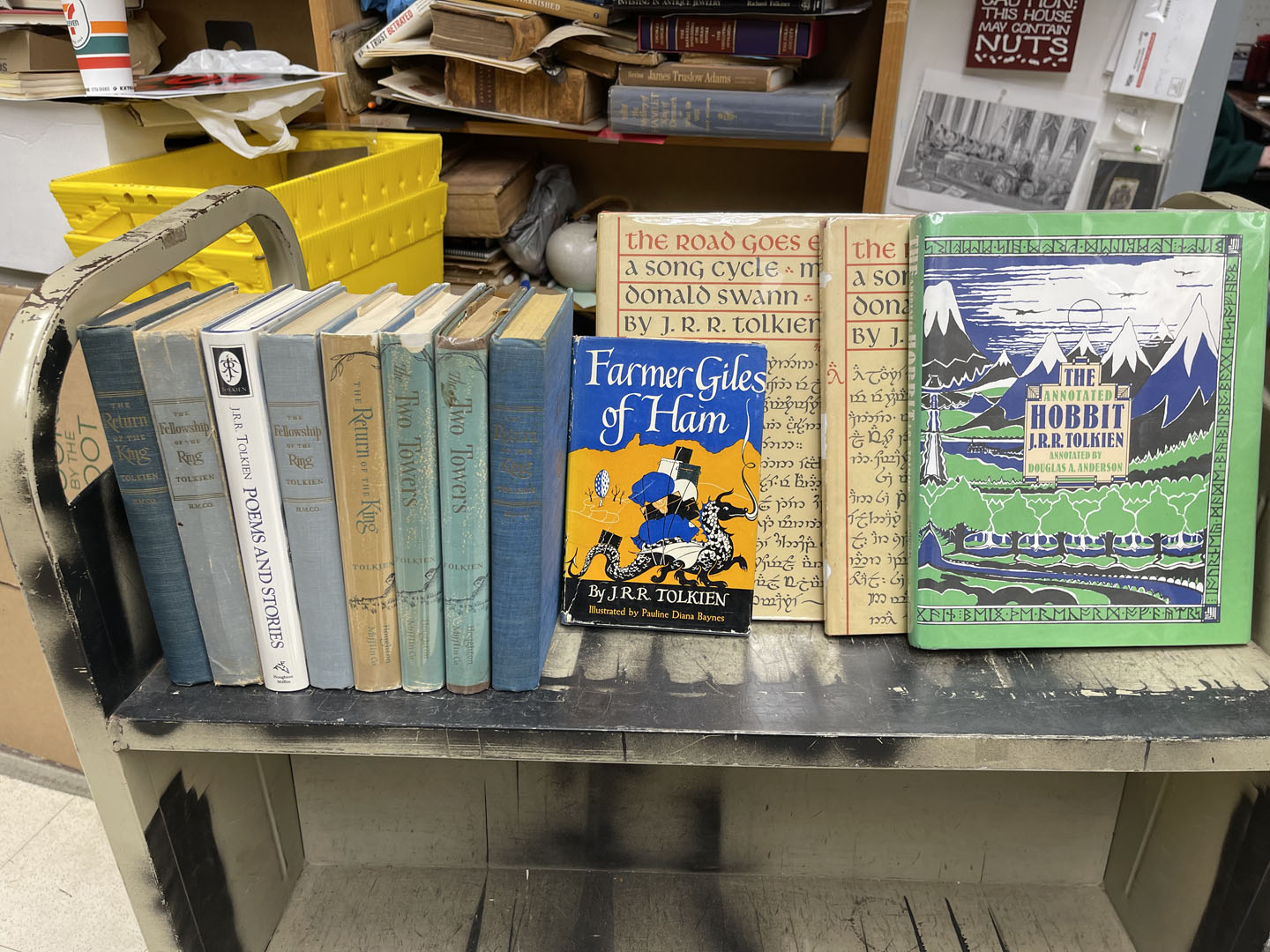
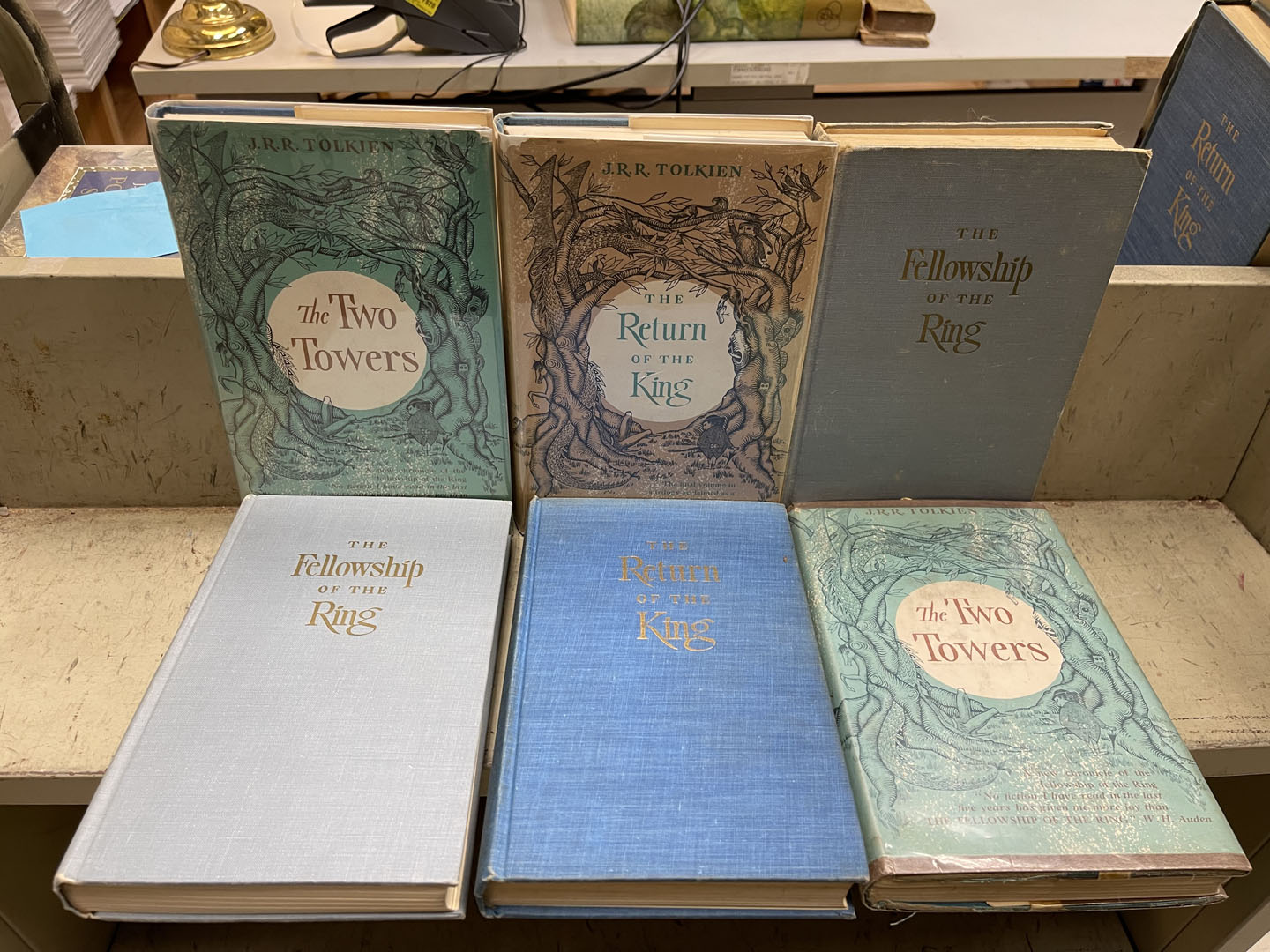


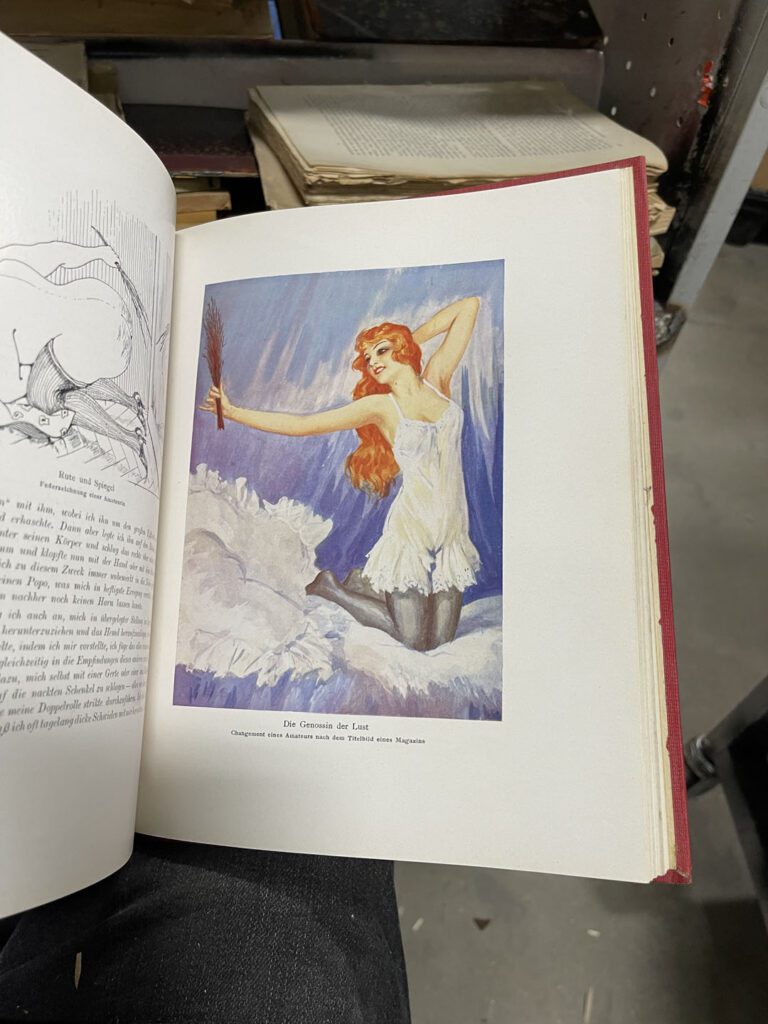
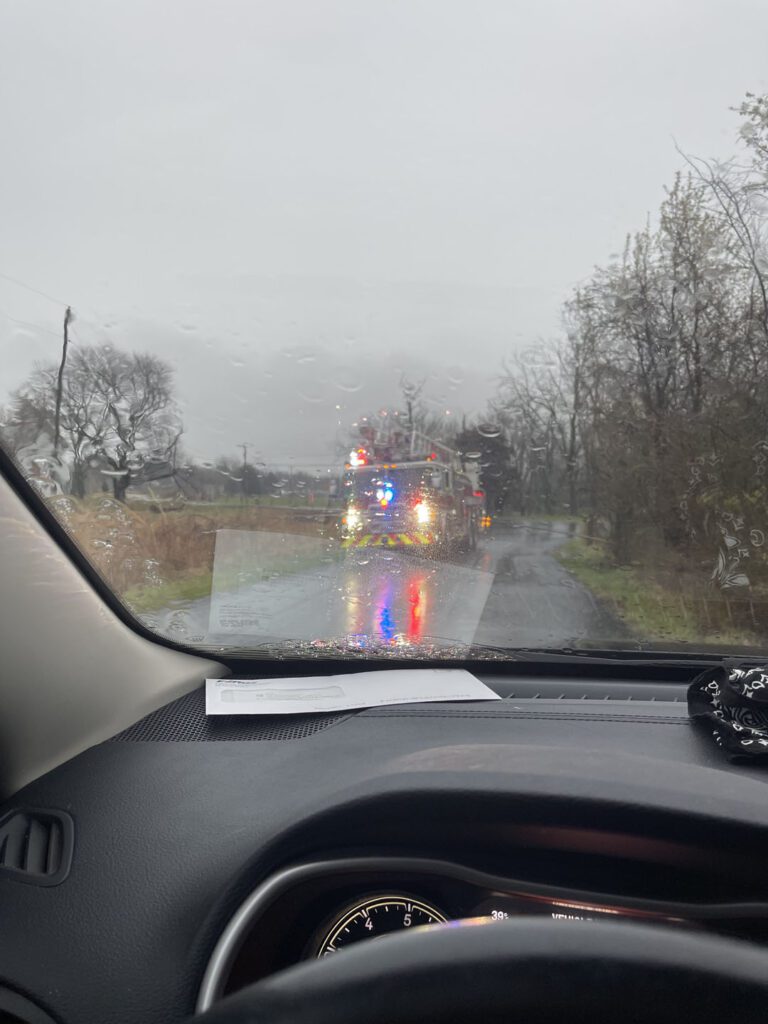
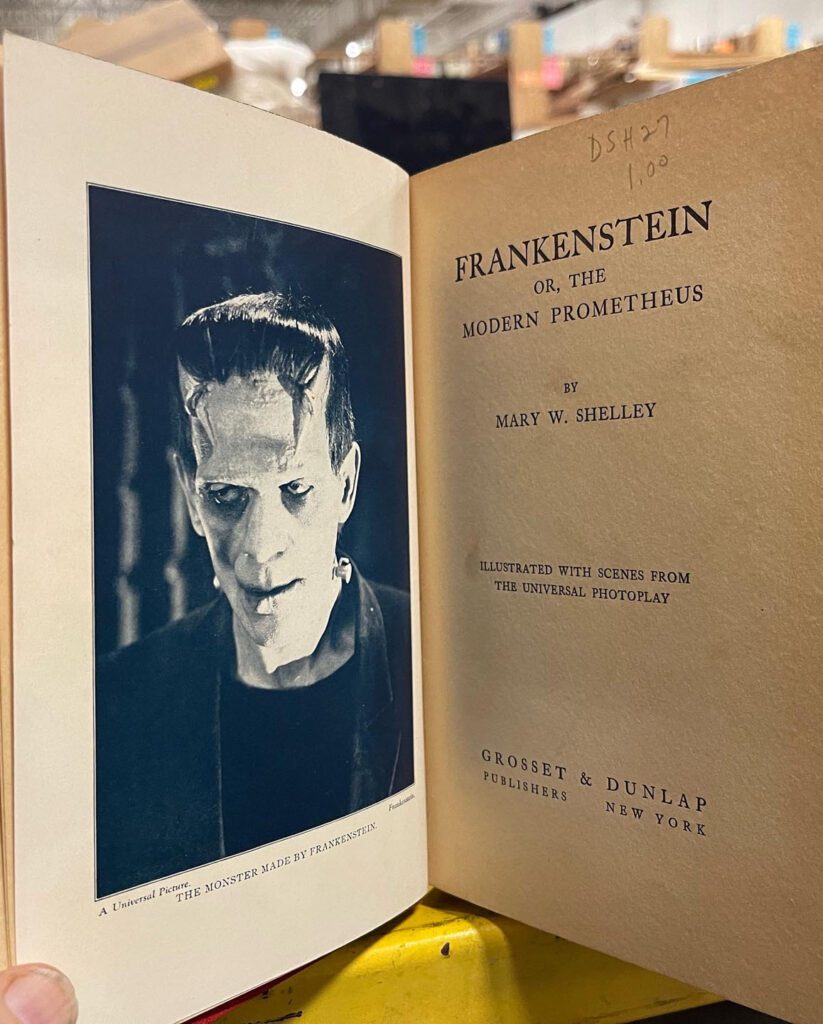
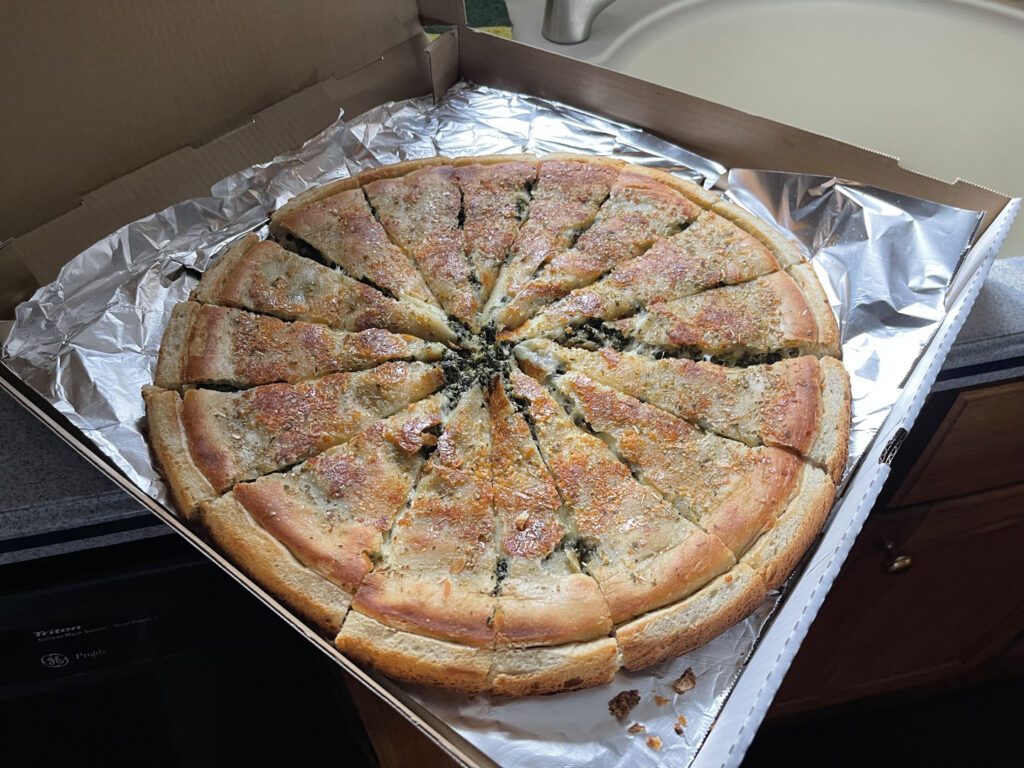




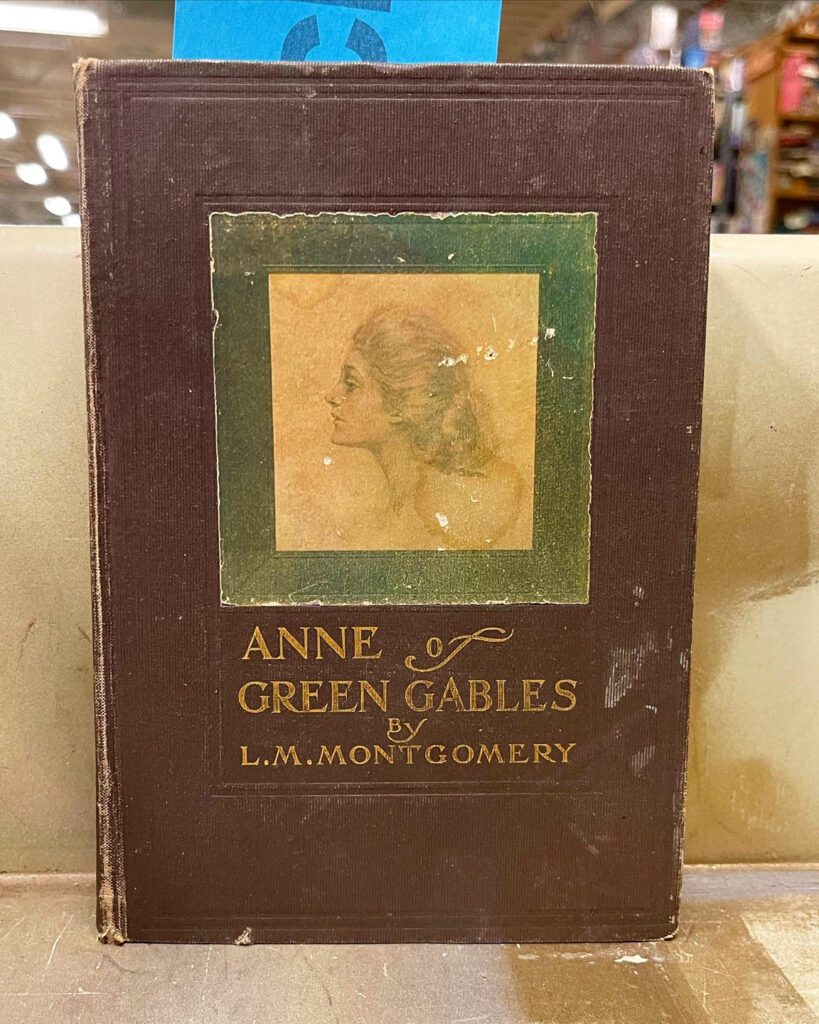
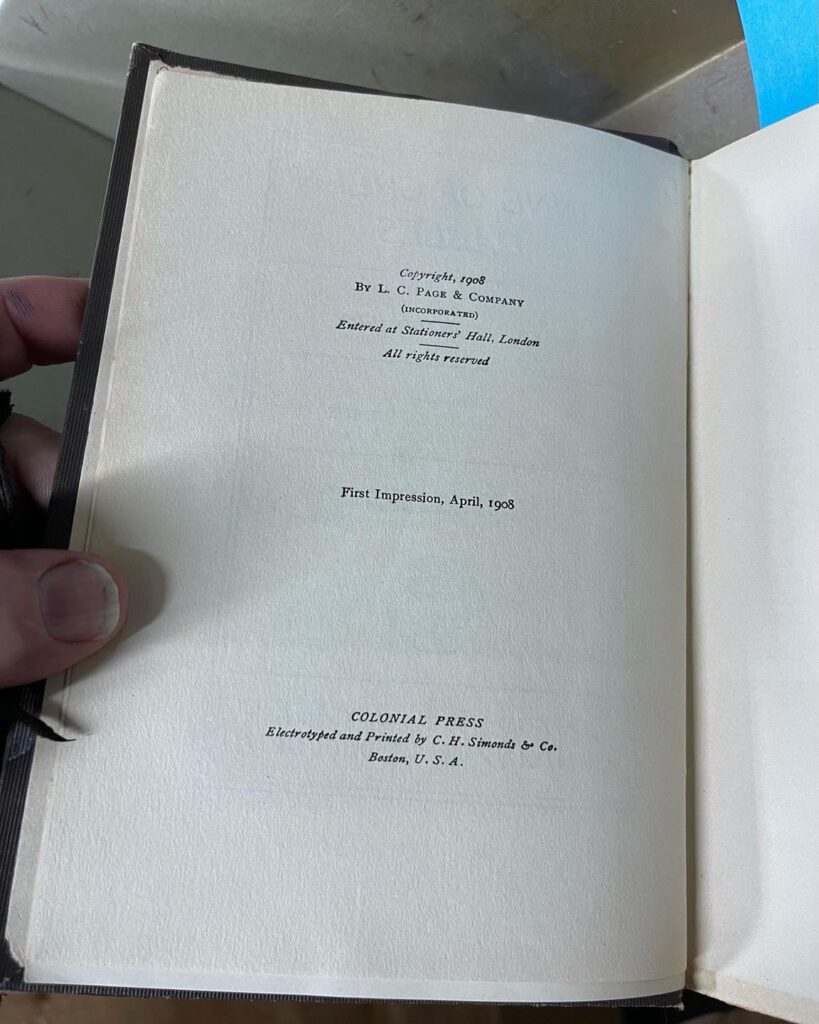
There are no comments to display.